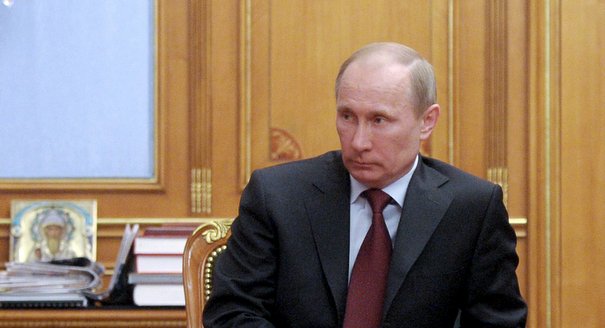Source: U.S. Naval War College
Speaking at the U.S. Naval War College, Carnegie's Matthew Rojansky examined how Russia's perceptions of itself can affect U.S.-Russian relations. He explained that Russia's leaders are cautious, since President Putin's team was shaped by the experience of the demise of the Soviet superpower. They see the world as unpredictable and are unlikely to espouse any sense of central guidance or historical finality. While they see Russia as one of the clearer voices in a multipolar world and are not immune to the attraction of turning to Western powers, relations are strained by a recurring sense of exclusion by what Russians perceive as double standards.In reality, despite ill-adapted attempts to re-launch its business climate, Russia's situation remains stable and the country does still occupy, by default, the position of most vocal nation outside the Western bloc, Rojansky explained. However, it falls short of being a trusted intermediary for conflict resolution. The United States could try to improve relations by developing a proper framework for U.S.-Russia relations and by giving the existent bilateral presidential commission the power to invest in long-term projects.





